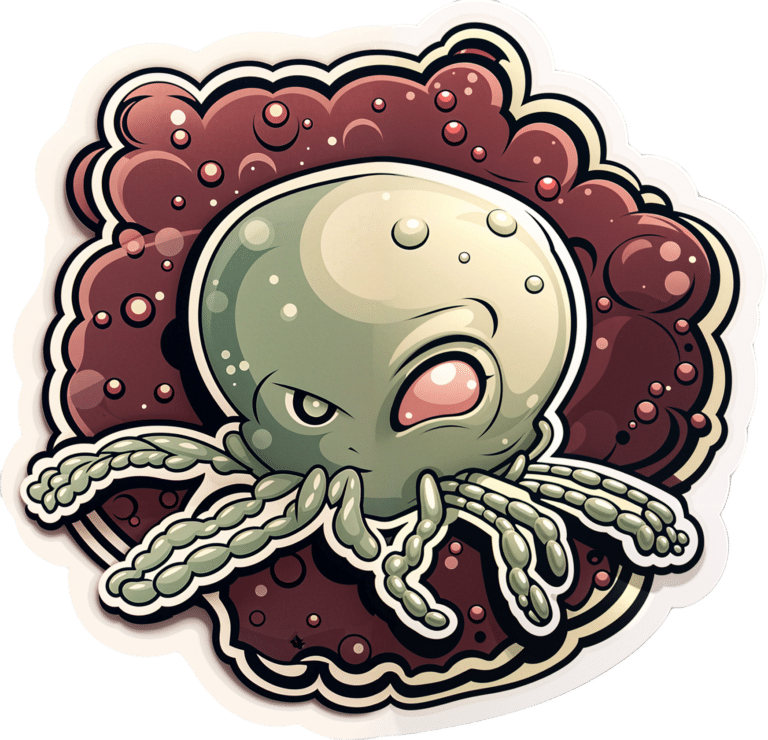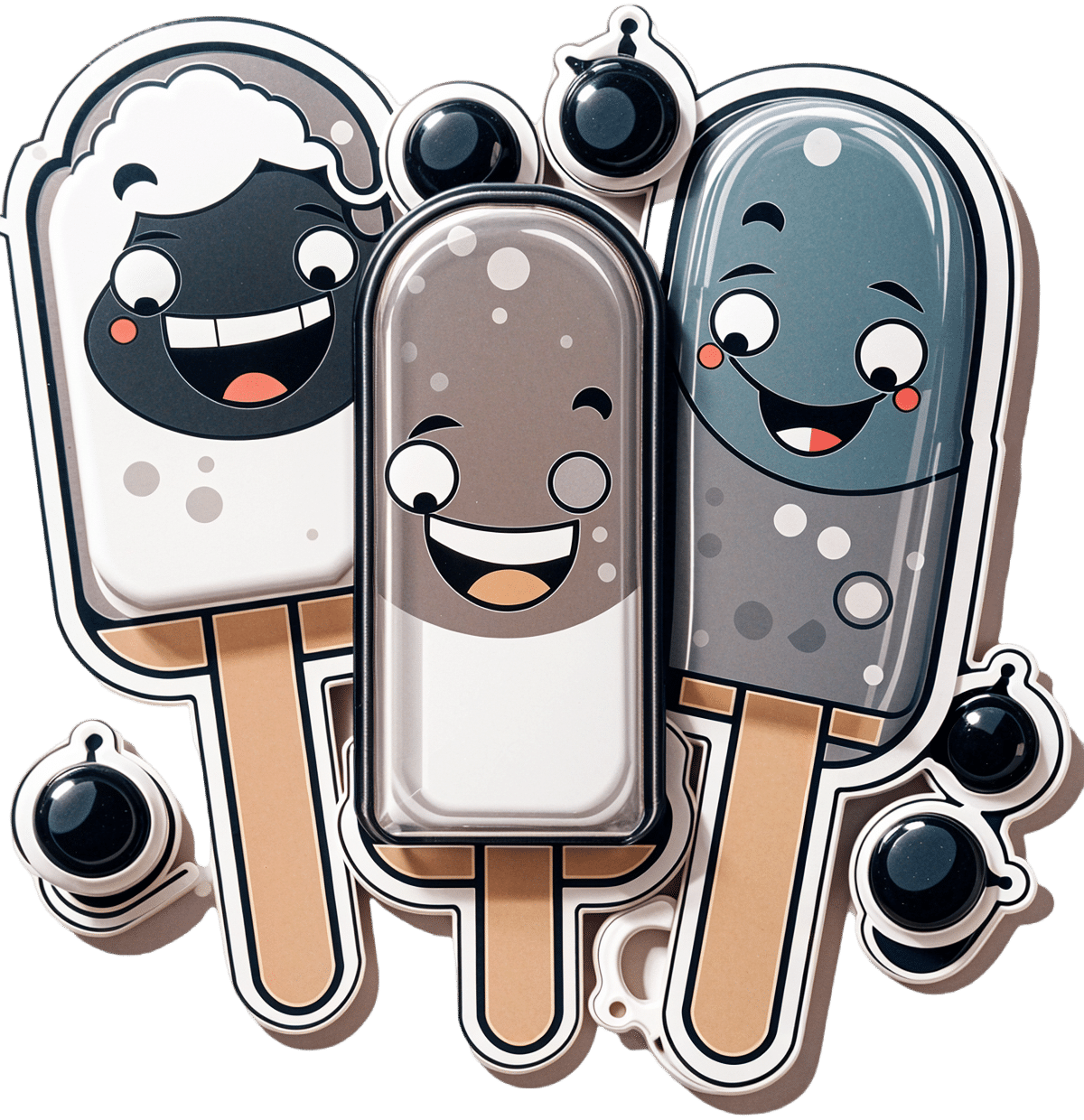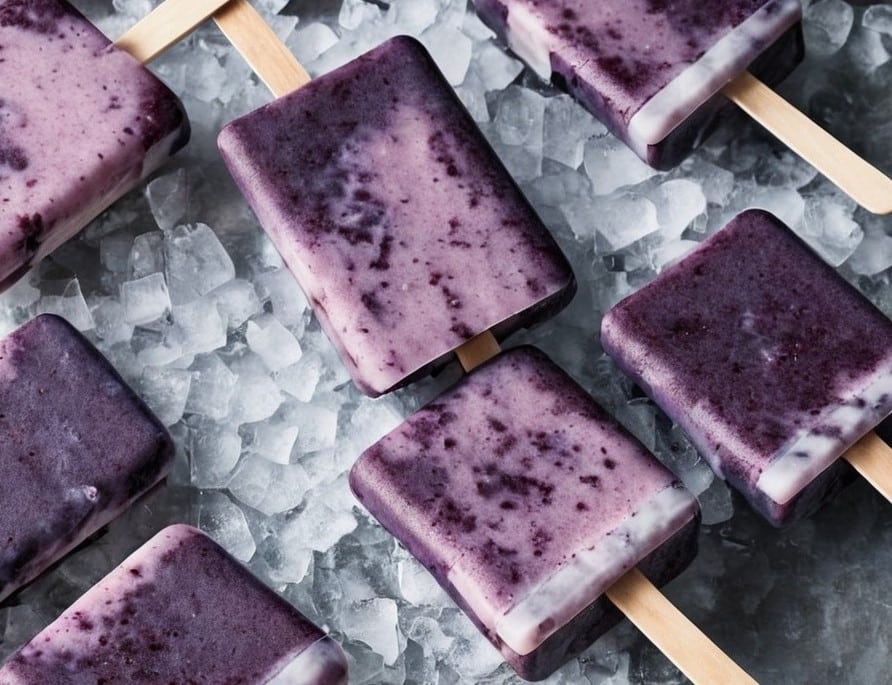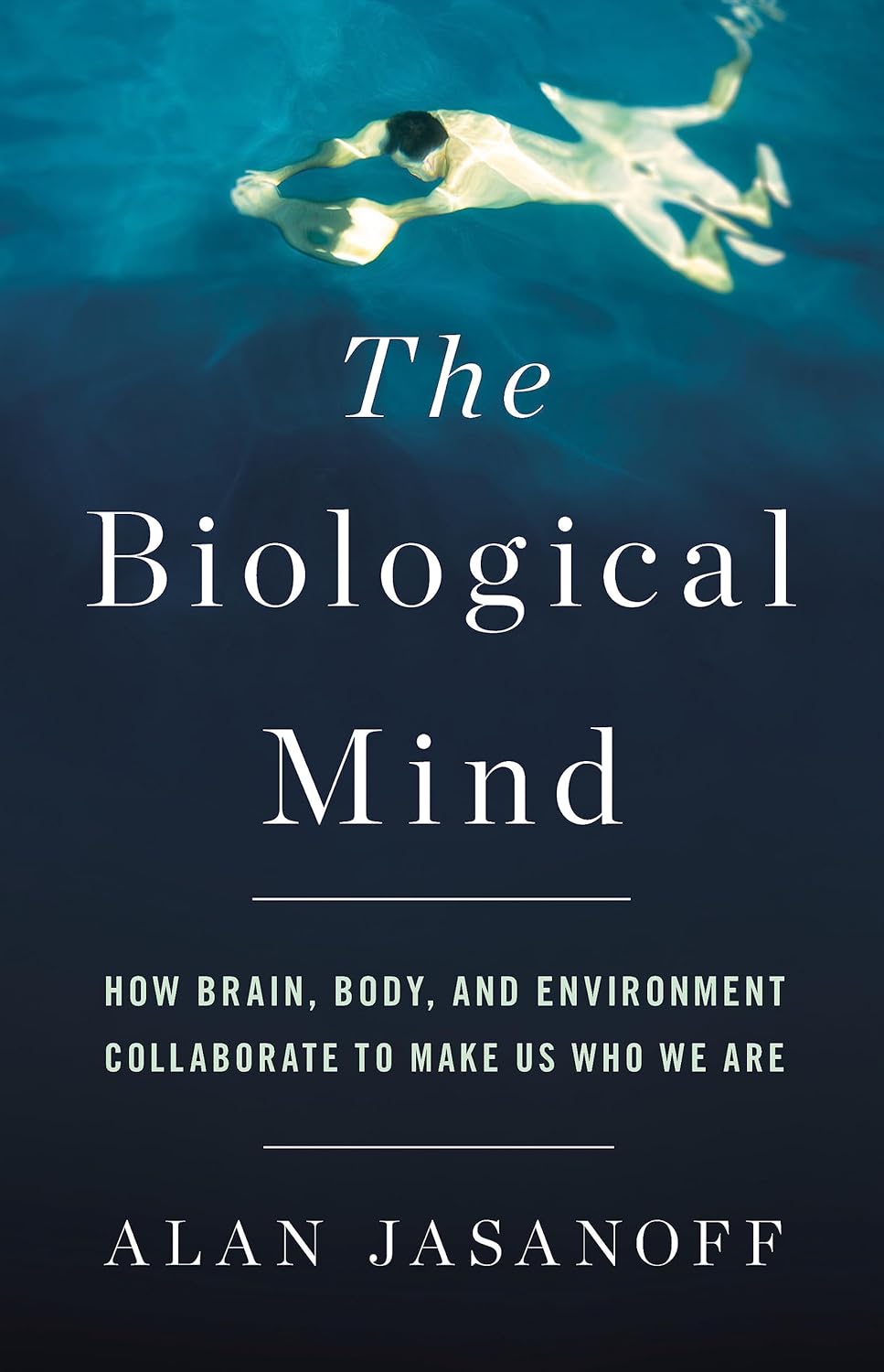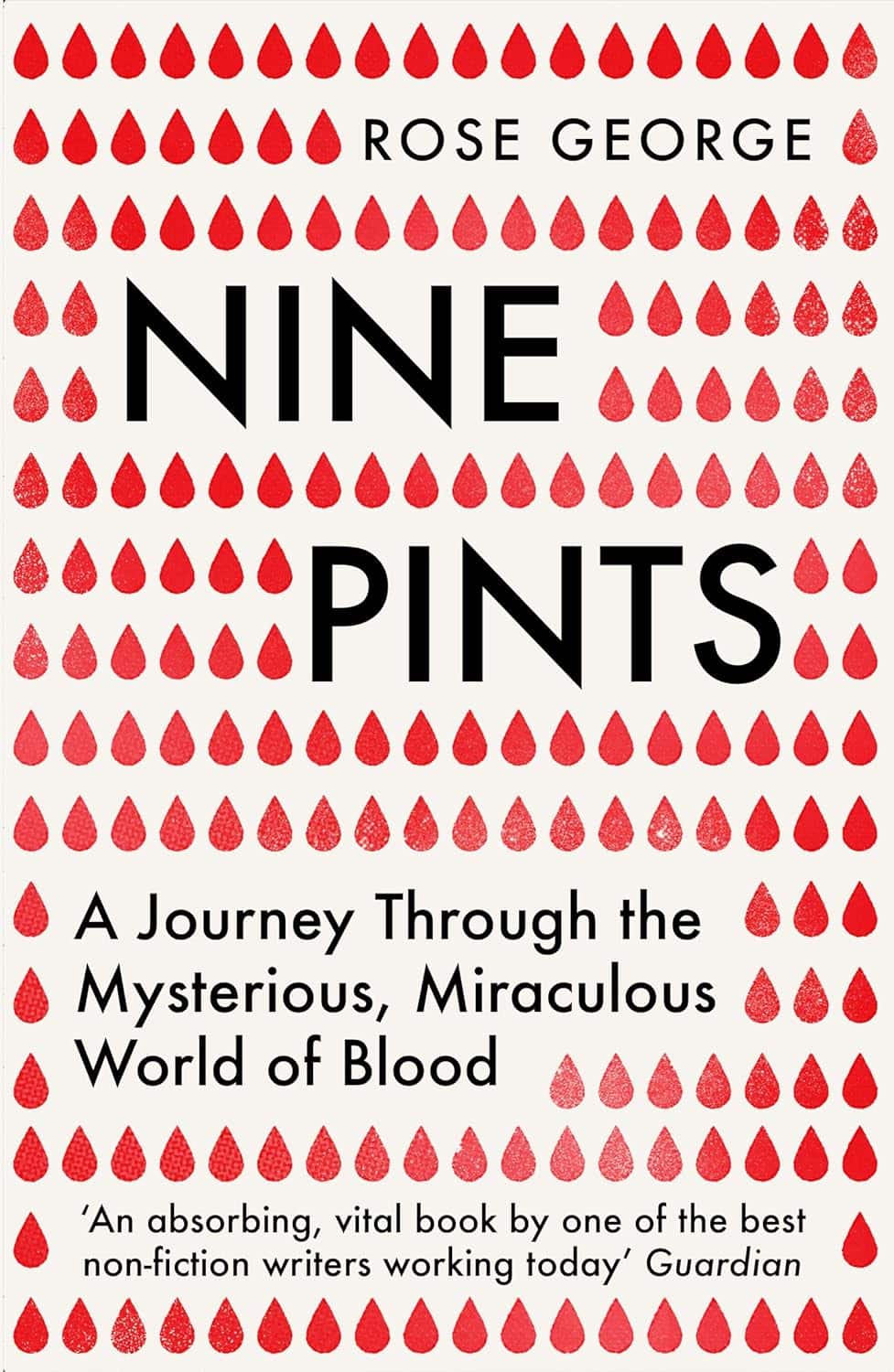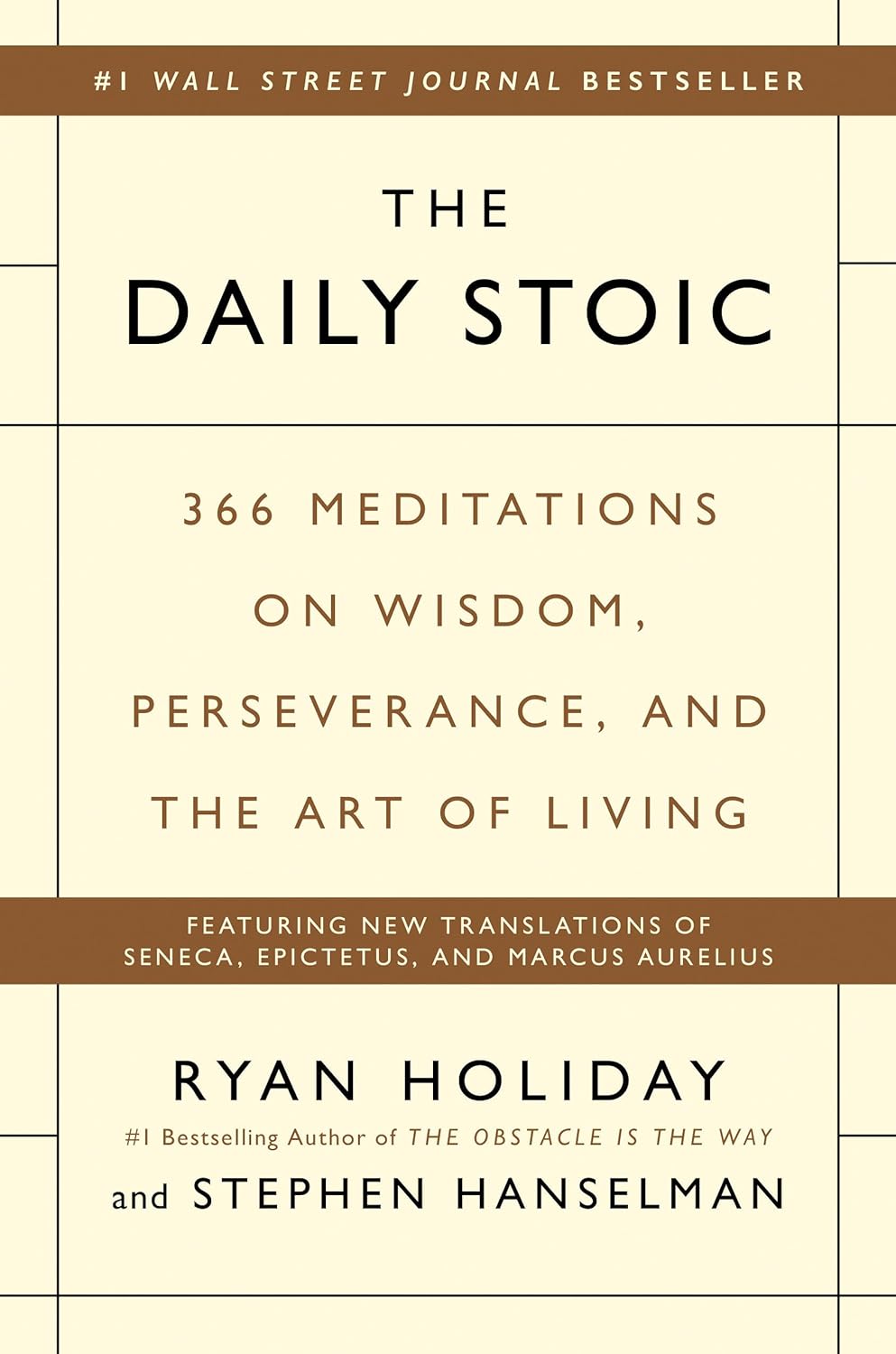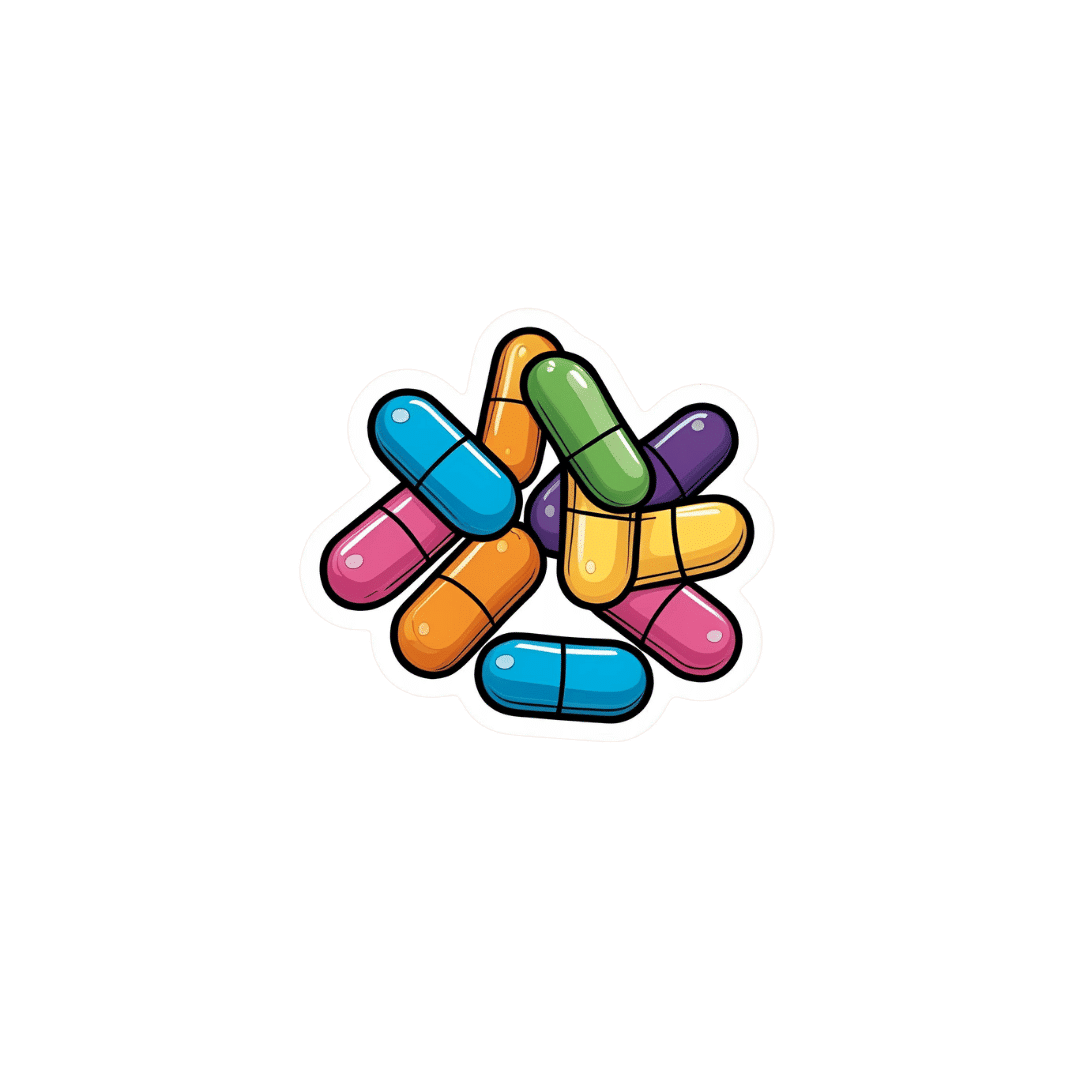
No, vitamin A does not prevent measles
10almonds is reader-supported. We may, at no cost to you, receive a portion of sales if you purchase a product through a link in this article.
As measles spreads in Texas, New Mexico, and other states, a Texas child died from measles for the first time in the United States since 2015. In a March 2 Fox News editorial, Health and Human Services Secretary Robert F. Kennedy Jr. hinted at the importance of vaccination and stated that good nutrition, including vitamin A, is a “best defense against most chronic and infectious illnesses.”
However, doctors and public health professionals say that vitamin A is not a replacement for the measles, mumps, and rubella (MMR) vaccine. Vitamin A is sometimes used to treat measles in the hospital—particularly in developing countries where people with poor nutrition tend to be vitamin A deficient. Experts also say that taking vitamin A when your body does not need it can be dangerous.
“It’s really important to distinguish prevention and treatment, and measles can be prevented, and it can be prevented one way: through vaccination,” Dr. Preeti Malani, infectious disease physician and professor at the University of Michigan, tells PGN. “The best treatment is to not get measles in the first place.”
Read on to learn the facts about vitamin A, what it’s used for, its risks, and what you should do to prevent measles.
What is vitamin A, and what does it have to do with measles?
Vitamin A is a fat-soluble vitamin, which means that it’s stored in the body’s fatty tissue and in the liver, and it’s absorbed with the fat in a person’s diet. Vitamin A helps with our vision, reproduction, growth, and immunity.
Vitamin A deficiency can increase the risk of death from measles, among other infections. The World Health Organization recommends it as a supplement along with vaccination for children at risk of vitamin A deficiency in developing countries.
However, vitamin A deficiency is rare in the U.S. because most people get enough of it through their diet. (Malani says that’s why research about the use of vitamin A to treat measles is limited in countries like the United States.)
“Vitamin A deficiency is a major problem in developing nations, particularly those that don’t have access to staple foods that have vitamin A,” says Andrea Love, PhD, a biomedical scientist and founder of the health communication organization Immunologic, to PGN. “The problem is that that’s been kind of extrapolated to high-income countries [like the United States], where vitamin A deficiency is really not a concern.”
Under Kennedy’s direction, the Centers for Disease Control and Prevention recently updated its guidance to recommend the use of vitamin A to treat severe measles in young children, but specifically in a hospital setting and under a doctor’s supervision.
Does vitamin A prevent measles?
No. Vitamin A does not prevent measles. The MMR vaccine is the best way to prevent a measles infection.
“Vitamin A is not an alternative to vaccination,” Malani adds. “We have a safe and highly effective vaccine that’s been available for decades—it will protect individuals [and] communities from an outbreak.”
Are there any risks to taking vitamin A?
Yes. If your body doesn’t need extra vitamin A, there are risks.
According to the National Institutes of Health, taking too much vitamin A (specifically, the type found in supplements and some medications) can cause nausea, severe headaches, blurred vision, muscle aches, and problems with coordination. In severe cases, it can also lead to coma and death. Taking too much vitamin A while pregnant can cause birth defects.
“If you’re already getting sufficient vitamin A from your diet, then when you consume more than what you need, those levels are going to build up in your body, in your fat stores, in your tissues, and you’re going to be at risk of both acute and chronic toxicity,” adds Love.
Water-soluble vitamins like vitamin C “get filtered out by your kidneys and you would pee it out, but fat-soluble vitamins [like vitamin A], don’t get processed and excreted as quickly; they start to build up in the body,” she says.
What can I do to protect myself from measles?
The MMR vaccine is the best way to protect yourself from measles. The CDC recommends children get two doses of the MMR vaccine: the first dose between 12 and 15 months and the second one between 4 and 6 years old.
Experts recommend that adults who are not sure about their vaccination or immunity status against measles get at least one dose of the MMR vaccine. Additionally, adults who are at high risk for measles (like health care workers and people who travel internationally) may need two additional doses.
According to the CDC, you can also get an MMR vaccine within 72 hours of initial exposure to measles, which can give you some protection or make your illness less severe. Additionally, there’s an antibody (a protective protein called immunoglobulin) that a doctor may recommend for high-risk people within six days of being exposed to measles.
For more information, talk to your health care provider.
This article first appeared on Public Good News and is republished here under a Creative Commons license.
Don’t Forget…
Did you arrive here from our newsletter? Don’t forget to return to the email to continue learning!
Recommended
Learn to Age Gracefully
Join the 98k+ American women taking control of their health & aging with our 100% free (and fun!) daily emails:
-
Blood-Sugar-Friendly Ice Pops
10almonds is reader-supported. We may, at no cost to you, receive a portion of sales if you purchase a product through a link in this article.
This generic food product has so many regional variant names that it’s difficult to get a universal name, but in N. America they’re also known by the genericized brand name of popsicles. Anyway, they’re usually very bad news for blood sugars, being merely frozen juice even if extra sugar wasn’t added. Today’s recipe, on the other hand, makes for a refreshing and nutrient-dense treat that won’t spike your blood glucose!
You will need
- 1 cup fresh blueberries
- 1 can (12oz/400g) coconut milk
- ½ cup yogurt with minimal additives
- 1 tbsp honey (omit if you prefer less sweetness)
- Juice of ¼ lime (increase if you prefer more sourness)
Method
(we suggest you read everything at least once before doing anything)
1) Blend everything
2) Pour into ice pop molds and freeze overnight
3) Serve at your leisure:
Enjoy!
Want to learn more?
For those interested in some of the science of what we have going on today:
- Which Sugars Are Healthier, And Which Are Just The Same?
- 10 Ways To Balance Blood Sugars
- Can Saturated Fats Be Healthy? ← the fats in coconut are a good source of medium-chain triglycerides (MCTs), which are easily broken down as a good energy source and (enjoyed in moderation) thus unlikely to cause any cardiovascular problems, as little to nothing (usually: nothing) of it will be stored.
Take care!
Share This Post
-
It Didn’t Start with You – by Mark Wolynn
10almonds is reader-supported. We may, at no cost to you, receive a portion of sales if you purchase a product through a link in this article.
There is a trend in psychology to “blame the parents” for “childhood trauma” that can result in problems later in life. Sometimes fairly, sometimes not. This book’s mostly not about that.
It does touch on our own childhood trauma, if applicable. But mostly, it’s about epigenetic trauma inheritance. In other words, not just trauma that’s passed on in terms of “the cycle of abuse”, but trauma that’s passed on in terms of “this generation experienced trauma x, developed trauma response y, encoded it epigenetically, and passed it on to their offspring”.
So, how does one heal from a trauma one never directly experienced, and just inherited the response to it? That’s what most of this book is about, after establishing how epigenetic trauma inheritance works.
The author, a therapist, provides practical advice for how to do the things that can be done to rewrite the epigenetic code we inherited. Better late than never!
Bottom line: it is well-established that trauma is inheritable. But unlike one’s eye color or the ability to smell asparagus metabolites in urine, we can rewrite epigenetic things, to a degree. This book explains how.
Click here to check out It Didn’t Start With You, and put things to rest!
Share This Post
-
The Biological Mind – by Dr. Alan Jasanoff
10almonds is reader-supported. We may, at no cost to you, receive a portion of sales if you purchase a product through a link in this article.
How special is our brain? According to Dr. Alan Jasanoff, it’s not nearly as special as we think it is.
In this work, he outlines the case for how we have collectively overstated the brain’s importance. That it’s just another organ like a heart or a kidney, and that who we are is as much a matter of other factors, as what goes on in our brain.
In this reviewer’s opinion, he overcorrects a bit. The heart and kidneys are very simple organs, as organs go. The brain is not. And while everything from our gut microbiota to our environment to our hormones may indeed contribute to what is us, our brain is one thing that can’t just be swapped out.
Nevertheless, this very well-written book can teach us a lot about everything else that makes us us, including many biological factors that many people don’t know about or consider.
Towards the end of the book, he switches into futurist speculation, and his speculation can be summed up as “we cannot achieve anything worthwhile in the future”.
Bottom line: if you’ve an interest in such things as how transplanting glial cells can give a 30% cognitive enhancement, and how a brain transplant wouldn’t result in the same us in a different body, this is the book for you.
Click here to check out The Biological Mind, and learn about yours!
Share This Post
Related Posts
-
Nine Pints – by Rose George
10almonds is reader-supported. We may, at no cost to you, receive a portion of sales if you purchase a product through a link in this article.
Rose George is not a scientist, but an investigative journalist. As such, she’s a leave-no-stone-unturned researcher, and that shows here.
The style throughout is, as one might expect, journalistic. But, she’s unafraid of diving into the science of it, interviewing many medical professionals as part of her work. She also looks to people living with various blood-related conditions, ranging from hemophilia to HIV.
Speakling of highly-stigmatized yet very manageable conditions, there’s also a fair section devoted to menstruation, menstrual blood, and societies’ responses to such, from shunning to active support.
We also learn about the industrialization of blood—from blood banks to plasma labs to leech farms. You probably knew leeches are still used as a medical tool in even the most high-tech of hospitals, but you’ll doubtlessly learn a fascinating thing or two from the “insider views” along the way.
Bottom line: if you’d like to know more about the red stuff in all its marvelous aspects, with neither sensationalization nor sanitization (the topic needs neither!), this is the book for you.
Click here to check out Nine Pints, and learn more about yours!
Don’t Forget…
Did you arrive here from our newsletter? Don’t forget to return to the email to continue learning!
Learn to Age Gracefully
Join the 98k+ American women taking control of their health & aging with our 100% free (and fun!) daily emails:
-
What Menopause Does To The Heart
10almonds is reader-supported. We may, at no cost to you, receive a portion of sales if you purchase a product through a link in this article.
World Menopause Day: Menopause & Cardiovascular Disease Risk
Today, the 18th of October, is World Menopause Day.
The theme for this year is cardiovascular disease (CVD), and if your first reaction is to wonder what that has to do with the menopause, then this is the reason why it’s being featured. Much of the menopause and its effects are shrouded in mystery; not because of a lack of science (though sometimes a bit of that too), but rather, because it is popularly considered an unimportant, semi-taboo topic.
So, let’s be the change we want to see, and try to fix that!
What does CVD have to do with the menopause?
To quote Dr. Anjana Nair:
❝The metabolic and clinical factors secondary to menopause, such as dyslipidemia, insulin resistance, fat redistribution and systemic hypertension, contribute to the accelerated risk for cardiovascular aging and disease.
Atherosclerosis appears to be the end result of the interaction between cardiovascular risk factors and their accentuation during the perimenopausal period.
The increased cardiovascular risk in menopause stems from the exaggerated effects of changing physiology on the cardiovascular system.❞
Source: Cardiovascular Changes in Menopause
See also: Menopause-associated risk of cardiovascular disease
Can we do anything about it?
Yes, we can! Here be science:
- Menopause Transition and Cardiovascular Disease Risk: Implications for Timing of Early Prevention: A Scientific Statement From the American Heart Association
- Cardiovascular risk in menopausal women and our evolving understanding of menopausal hormone therapy: risks, benefits, and current guidelines for use
This (in few words: get your hormone levels checked, and consider HRT if appropriate) is consistent with the advice from gynecologist Dr. Jen Gunter, whom we featured back in August:
What You Should Have Been Told About The Menopause Beforehand
What about lifestyle changes?
We definitely can do some good things; here’s what the science has to say:
- Mediterranean diet: yes, evidence-based
- High soy consumption: mixed evidence, unclear. So, eat it if you want, don’t if you don’t.
- Supplements e.g. vitamins and minerals: yes, evidence-based.
- Supplements e.g. herbal preparations: many may help, but watch out for adverse interactions with meds. Check with your pharmacist or doctor.
- Supplements; specifically CBD: not enough evidence yet
- Exercise: yes, evidence-based—especially low-impact high-resistance training, for bone strength, as well as regular moderate-intensity exercise and/or High-Intensity Interval Training, to guard against CVD.
For a full low-down on all of these:
Revealing the evidence-based lifestyle solutions to managing your menopause symptoms
Want to know more?
You can get the International Menopause Society’s free downloadable booklet here:
Menopause & Cardiovascular Disease: What Women Need To Know
You may also like our previous main feature:
What Does “Balance Your Hormones” Even Mean?
Take care!
Don’t Forget…
Did you arrive here from our newsletter? Don’t forget to return to the email to continue learning!
Learn to Age Gracefully
Join the 98k+ American women taking control of their health & aging with our 100% free (and fun!) daily emails:
-
The Daily Stoic – by Ryan Holiday & Stephen Hanselman
10almonds is reader-supported. We may, at no cost to you, receive a portion of sales if you purchase a product through a link in this article.
What’s this, a philosophy book in a health and productivity newsletter? Well, look at it this way: Aristotle basically wrote the “How To Win Friends And Influence People” of his day, and Plato before him wrote a book about management.
In this (chiefly modern!) book, we see what the later Stoic philosophers had to say about getting the most out of life—which is also what we’re about, here at 10almonds!
We tend to use the word “stoic” in modern English to refer to a person who is resolute in the face of hardship. The traditional meaning does encompass that, but also means a lot more: a whole, rounded, philosophy of life.
Philosophy in general is not an easy thing into which to “dip one’s toe”. No matter where we try to start, it seems, it turns out there were a thousand other things we needed to read first!
This book really gets around that. The format is:
- There’s a theme for each month
- Each month has one lesson per day
- Each daily lesson starts with some words from a renowned stoic philosopher, and then provides commentary on such
- The commentary provides a jumping-off point and serves as a prompt to actually, genuinely, reflect and apply the ideas.
Unlike a lot of “a year of…” day-by-day books, this is not light reading, by the way, and you are getting a weighty tome for your money.
But, the page-length daily lessons are indeed digestible—which, again, is what we like at 10almonds!
Don’t Forget…
Did you arrive here from our newsletter? Don’t forget to return to the email to continue learning!
Learn to Age Gracefully
Join the 98k+ American women taking control of their health & aging with our 100% free (and fun!) daily emails:

